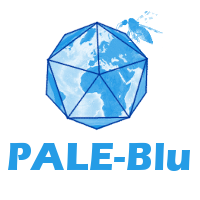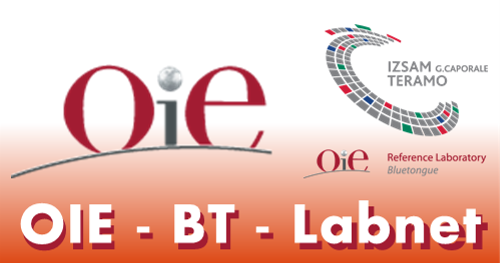Forums:
A Mini-training workshop is to be held by the EDENext Modelling team at the end of the main EDENext Annual Meeting in March 2012. The Workshop will be on Friday March 30, and will be limited to thirty people. Registration will be incorporated into the registration process for the main meeting.
The aim is to give an introduction to, and overview of, the concepts and techniques we have available to study problems related to environmental and ecological impact on vector-borne
diseases, within the EDENext focus. This covers both simple models for vector-borne disease establishment risk, persistence and spatial spread, as well as sophisticated techniques for inferring species' distributions and vector spread from environmental/ecological and landscape-related data and information.
We will demonstrate techniques but not provide practical training, or discuss individual modelling problems. One day is much too short to provide hands-on training with these techniques, or to discuss in detail the challenges that individual groups in EDENext face in using modelling and environmental data analysis as useful tools. As many people will be at the beginning of their data collection, and perhaps not completely sure about the techniques and advice they are going to need later on, we envisage that enlightenment in this early phase of the possibilities is more helpful than a full one-week practical course (where many people will end up not using most of what is
learned). During the day, and in the discussion at the end, we will get a better idea of which type of additional, more extensive and hands-on, training is desired by the participants. We can plan how to provide this in the future.
The mini-workshop is intended for those researchers in EDENext who are likely to use modelling and analysis of environmental data in addressing their research questions. Attending the workshop will facilitate future interaction with the various MOD-groups when input is needed, either in collaboration or in the form of consultancy. Because of the close link to data, the workshop will also facilitate integration between MOD and the expertise of the data-management team.
We currently have the following programme:
8.30-10.00 Session 1: Introduction to models of vector-borne diseases and R0 (Mathematical modelling team, Utrecht University)
10-10.30 break
10.30-12.00 Session 2: Introduction to modelling spatial spread (Spatial modelling team, Université Libre Brussels)
12-13.00 lunch
13.00-14.30 Session 3: Processing multi-temporal data and using them to describe species' distributions (LRRS-team, Oxford university)
14.30-15 break
15.00-16.30 Session 4: Introduction to High-resolution remote sensing and landscape-analysis techniques (HRRS-team, Louvain-la-Neuve University)
16.30-17.00 Wrapping up + exploring possibilities/needs/requests for follow-up training





